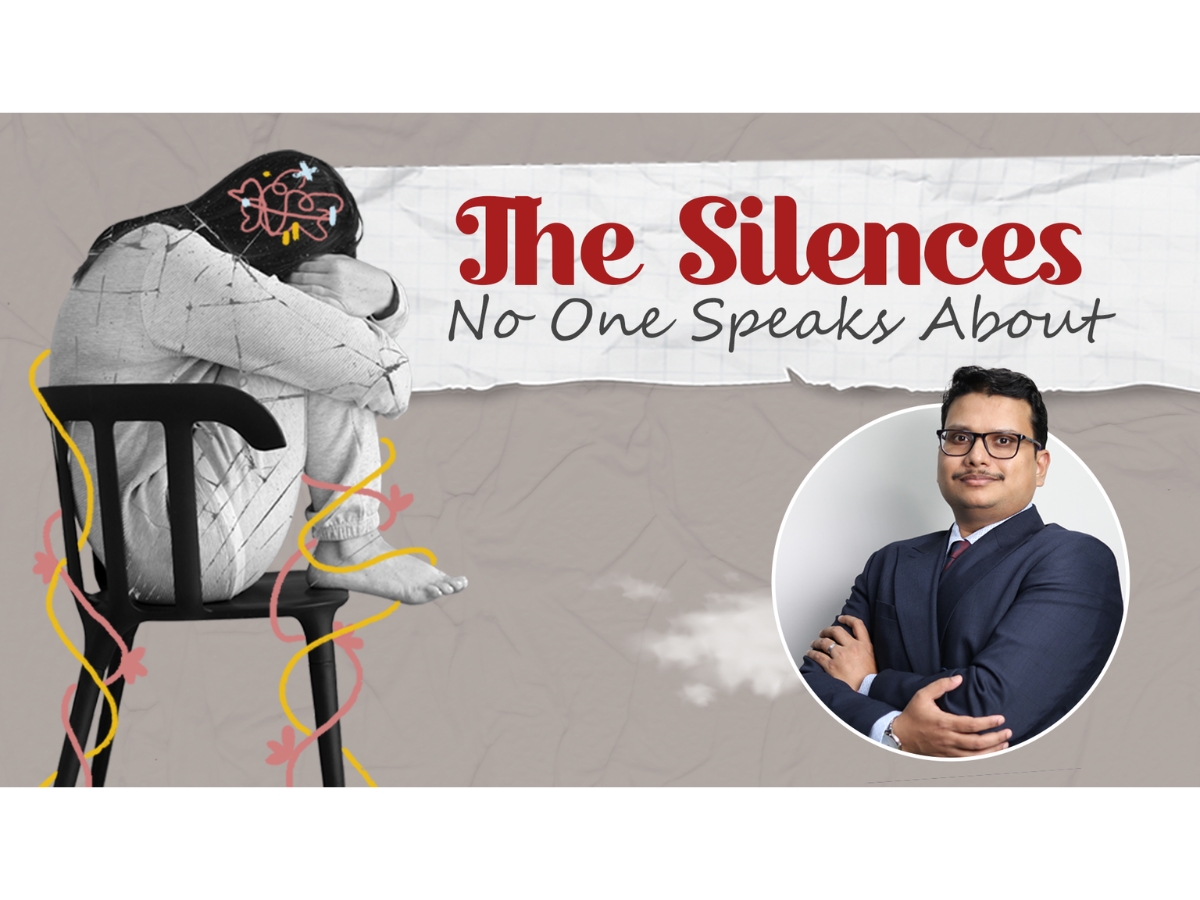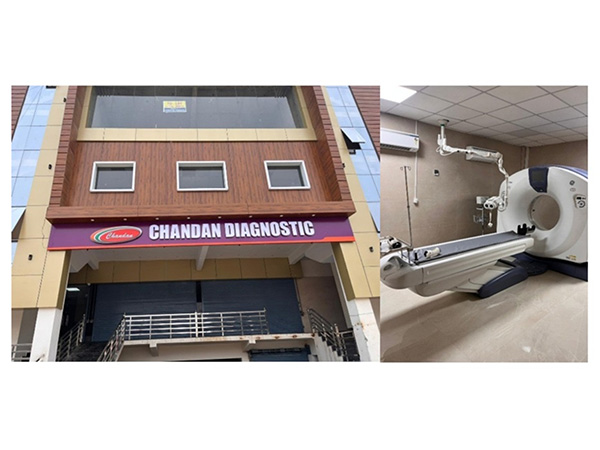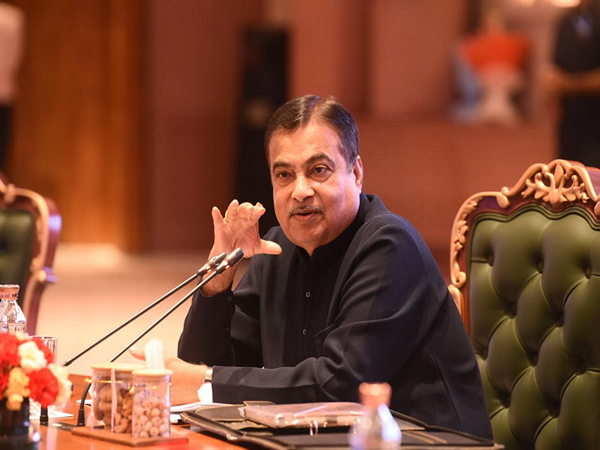PNN
New Delhi [India], September 3: Across town, a college student locks himself in his room, scrolling endlessly through his phone. What began as harmless gaming and late-night screen time has spiraled into compulsive habits, disrupted sleep, and slipping grades. His parents worry, but he has no words to explain what he’s feeling.
On a humid weekday evening in Mumbai, a young professional sits in his car outside his office. The day has been a blur of meetings and deadlines, but what weighs heavier than the workload is a gnawing emptiness. He reaches for his phone, hesitates, and then quickly hides the alcohol bottle in his glove compartment before heading home.
In another corner of the city, a married couple sits silently in a clinic, their relationship strained not by conflict but by intimacy issues neither knows how to discuss. For them, seeking help is both an act of courage and of quiet desperation.
These stories, though different, share a common thread: silence. In India, conversations about mental health, addiction, and sexual wellness are often avoided, leaving millions to struggle in isolation.
A Growing, Silent Crisis
According to the National Mental Health Survey of India, nearly 150 million Indians need active mental health interventions, yet fewer than 30 million receive help. Addiction is equally alarming, India’s 2019 national survey estimated that 2.6 crore people are dependent on alcohol, and behavioral addictions like pornography and gaming are rising sharply among youth.
Sexual wellness too remains clouded in taboo,often due to stigma and shame.
These are not just statistics, they are lives interrupted, relationships strained, and futures derailed by silence.
Why Silence Hurts More Than Symptoms
Unlike physical illnesses, these struggles rarely show visible scars. A successful executive may be battling depression. A teenager may be quietly slipping into addiction. A couple may be suffering in intimacy without ever speaking about it.
The lack of open dialogue leads to delayed help-seeking, worsening symptoms, and sometimes, irreversible outcomes. The stigma attached to mental health, sexual health, and addiction creates barriers that medicine alone cannot break; it requires compassion, awareness, and systemic change.
Dr. Prabhojit Mohanty: A Voice for Change
For over 11 years, Dr. Prabhojit Mohanty has been addressing this silence head-on. A Psychiatrist, Sexologist, and De-Addiction Specialist based in Mumbai, he works at Altiuz Hospital, Malad, and Dwarkaa Hospital, Goregaon, where he provides advanced, stigma-free care across these intersecting fields.
His approach goes beyond treating symptoms. Whether it’s a teenager facing exam stress, an adult struggling with depression, a couple navigating intimacy issues, or a professional battling substance use, Dr. Mohanty creates a safe space where patients feel understood, not judged.
He is also among the few specialists who offer home visits and personalized rehabilitation, acknowledging that healing often begins where patients feel most comfortable.
Special Focus Areas
* Mental Health: Anxiety, depression, insomnia, anger outbursts, relationship struggles, academic pressure.
* Sexual Wellness: Performance anxiety, low libido, intimacy concerns, gender identity, hypersexuality.
* Addiction Recovery: Alcohol, nicotine, cannabis, hard drugs, as well as behavioral addictions like gaming, pornography, and compulsive spending.
By combining medical expertise with psychotherapy and family counseling, Dr. Mohanty ensures treatment is not just clinical but deeply human.
The Larger Role: Awareness & Advocacy
Beyond individual consultations, Dr. Mohanty actively works with corporates, schools, and medical professionals to spread awareness and create stigma-free pathways to wellness.
His contributions through media, expert opinions, and authored articles have helped normalize conversations around psychiatry, de-addiction, and sexual health. For him, every public discussion is an opportunity to replace shame with science and silence with solutions.
The Way Forward
The COVID-19 pandemic briefly forced India to talk about mental health, but the momentum is fragile. As urban pressures, digital overload, and relationship strains rise, the need for accessible and stigma-free care has never been greater.
Dr. Mohanty believes the way forward lies in:
* Early conversations at home, schools, and workplaces.
* Confidential, stigma-free clinical support for individuals and families.
* Integrating awareness campaigns into mainstream culture.
“Psychiatry, de-addiction, and sexual wellness should be treated like any other medical field. The moment we stop whispering about it, people will start healing openly,” he says.
Caring Begins with Conversation
For those silently struggling with anxiety, addiction, or intimacy concerns, help is not far. What’s needed is the courage to reach out and the assurance of a safe, confidential & non-judgmental space.
As Dr. Mohanty often tells his patients:
“Healing is not just about reducing symptoms, it’s about restoring dignity, hope, and connection.”
If you or someone you know is struggling, you don’t have to do it alone. Reach out confidentially at +91 7838489705, you can also write to us @mentalgymkhana@gmail.com or visit https://psychiatristmumbai.in/ A conversation could be the first step toward recovery.
* Known for home visits, personalized rehabilitation, and caregiver-inclusive treatment
* Works with corporates, schools, and communities to create stigma-free awareness
(ADVERTORIAL DISCLAIMER: The above press release has been provided by PNN. ANI will not be responsible in any way for the content of the same)
Disclaimer: This story is auto-generated from a syndicated feed of ANI; only the image & headline may have been reworked by News Services Division of World News Network Inc Ltd and Palghar News and Pune News and World News
HINDI, MARATHI, GUJARATI, TAMIL, TELUGU, BENGALI, KANNADA, ORIYA, PUNJABI, URDU, MALAYALAM
For more details and packages
















